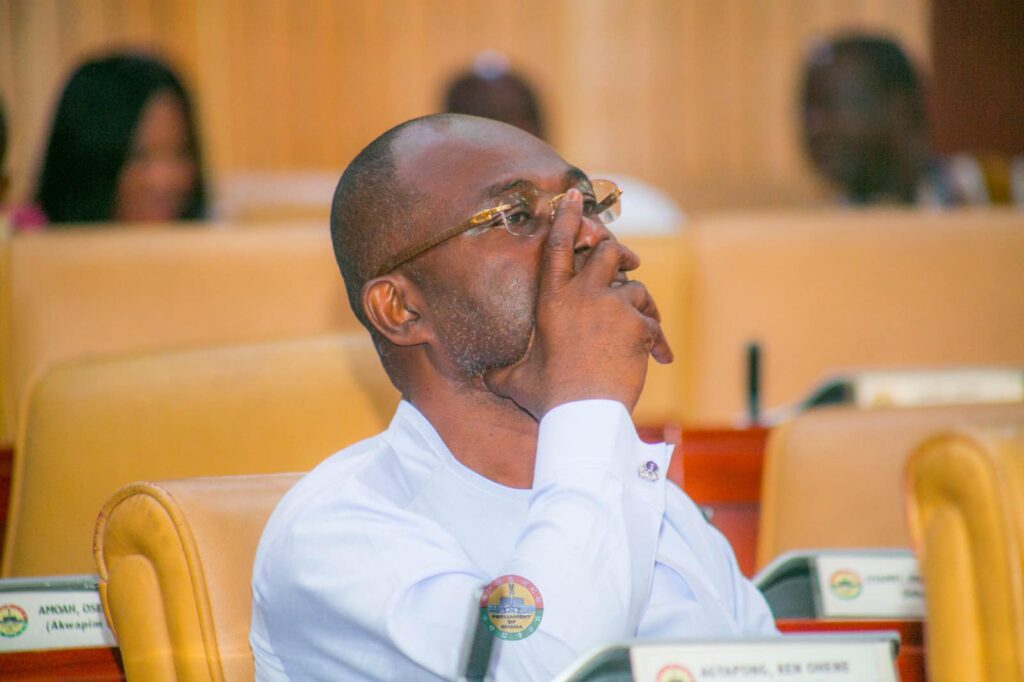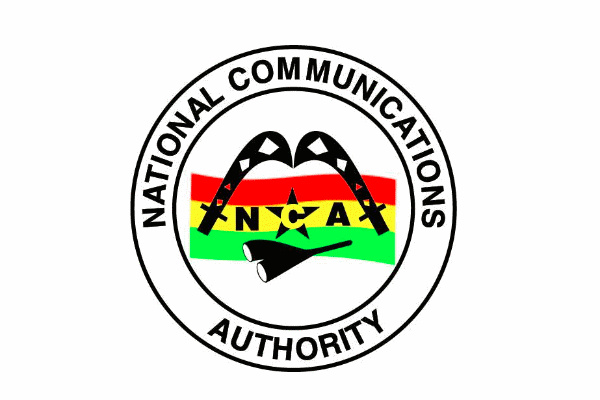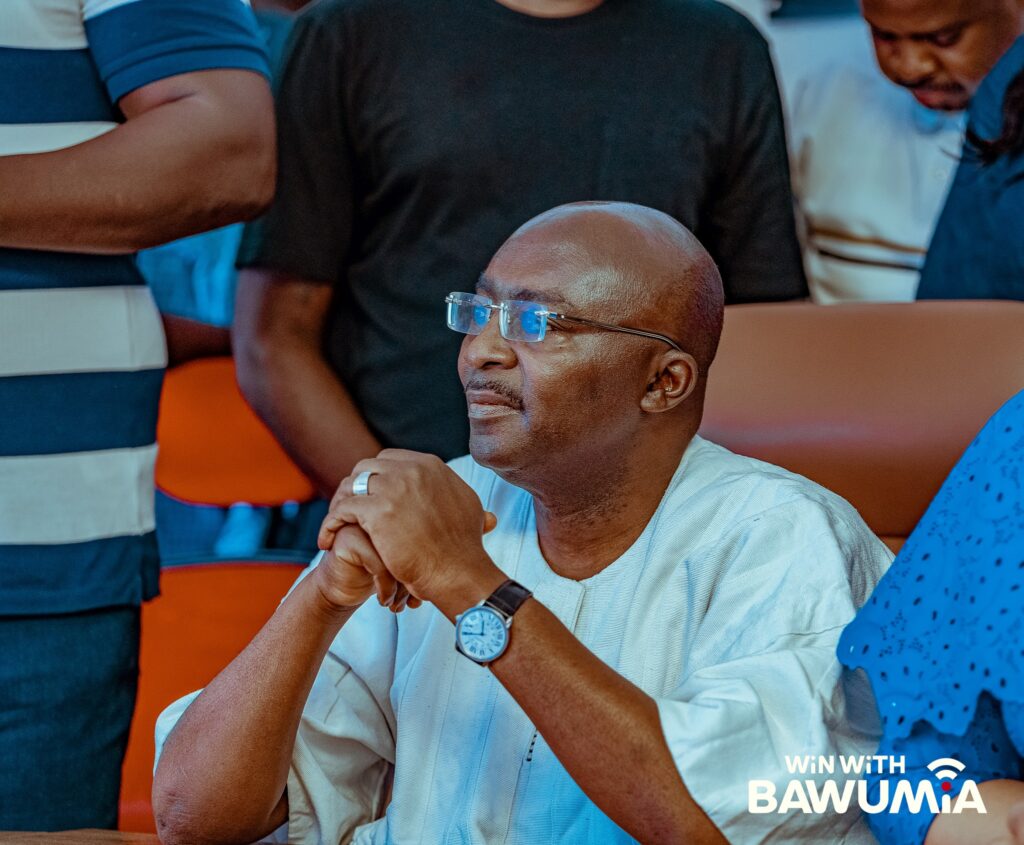Bank of Ghana Governor Dr. Johnson Asiama has assured that Ghana will be able to exit the current program with the International Monetary Fund (IMF) by next year.

According to him, the country is currently ahead of most of the targets and benchmarks under the IMF program.
The Governor noted that Ghana has worked hard to undertake the necessary reforms to firmly stabilize the economy.
Dr Asiama gave the assurance during an interaction with the IMF’s Director of the African Department, Abebe Selassie, on the sidelines of the IMF/World Bank Annual Meetings in Washington, DC.
The discussion formed part of the “Governor Talks Series” organized by the IMF, focusing on Ghana’s recent macroeconomic journey—marked by external shocks, fiscal vulnerabilities, and a challenging global environment.
The Governor’s assurance comes at a time when there have been reports suggesting that the country could be forced to extend the IMF program to give investors and development partners confidence in the government’s commitment to fiscal discipline.
However, Dr Asiama’s remarks appear to calm such fears.
“We should not forget that when this administration took over, there were concerns that we should cancel the program, and there were doubts about whether we could carry on with it,” he said.
“But the current developments show that we have delivered and turned things around,” he added.
He further noted that “the current ECF program has also introduced a lot of structural reforms, including those designed to strengthen the Bank of Ghana’s operational capacity and its monetary policy framework.”
Ghana signed up for the IMF program in 2023, which is expected to end in May 2026. According to the Fund, it has already advanced more than US$2 billion to support Ghana’s economic recovery.
Dr. Asiama also praised the IMF for the support it has provided to help stabilize the economy.
Ghana’s Economic Recovery
The Governor highlighted some of the drastic measures undertaken by both fiscal and monetary authorities to stabilize the economy.
“We met an economy that was challenged, with high levels of inflation, and this was our priority when this administration took over,” he said.
Dr. Asiama added that the Bank of Ghana worked hard to tighten monetary policy and step up liquidity management.
He revealed that following the high inflation levels experienced in 2023 and 2024, the central bank moved swiftly to raise the policy rate and strengthen liquidity controls.
“These measures have helped to reduce inflation to 9.4 per cent as of September 2025,” he said.
“Our policies, going forward, will be data-driven and adaptable to changes in the economy,” the Governor added.
On sustaining the current inflation levels, Dr Asiama emphasized that “now that inflation is within the target band, the challenge is to sustain the gains by continuing to implement sound monetary and exchange rate policies to ensure inflation remains within target.”
He also highlighted the critical role of Ghana’s Gold for Reserves program, saying it has yielded positive results and enabled the Bank of Ghana to build its reserves.






No comment yet, add your voice below!